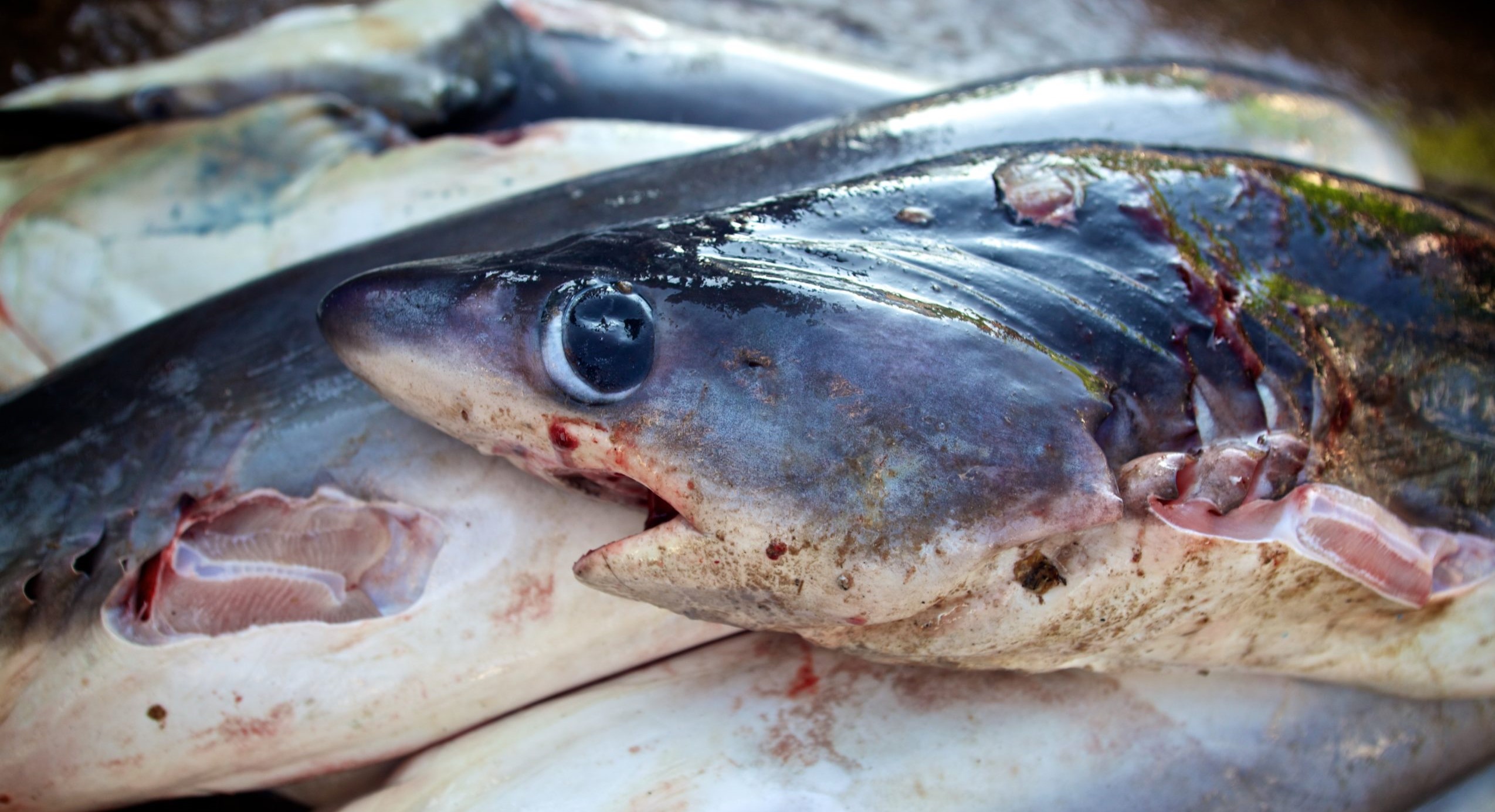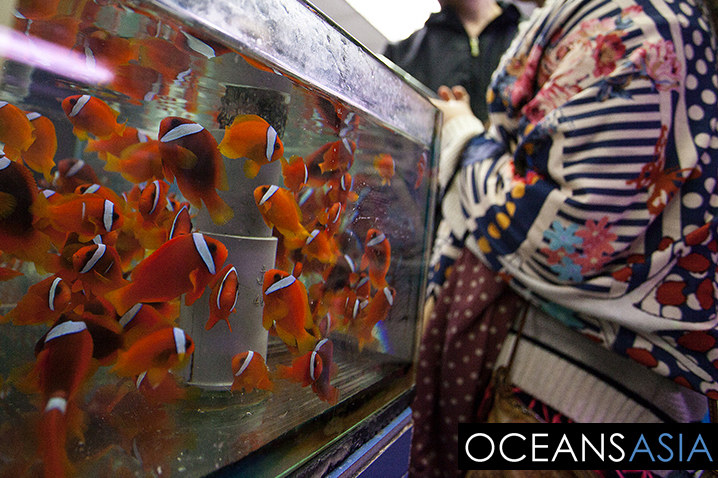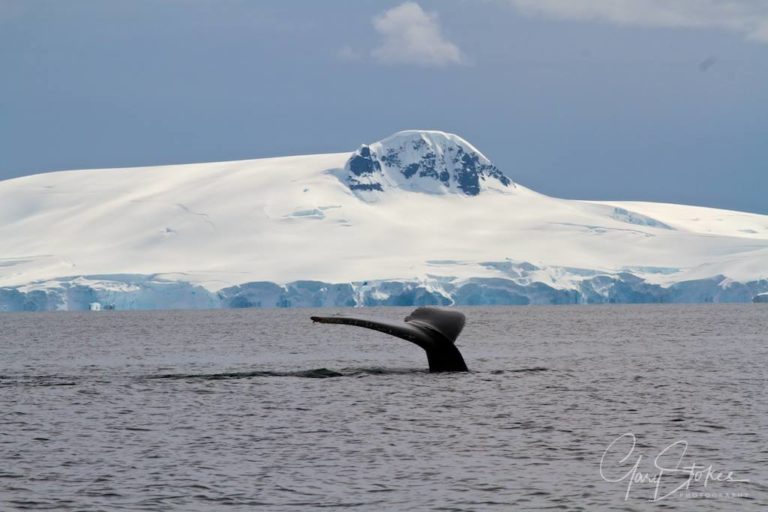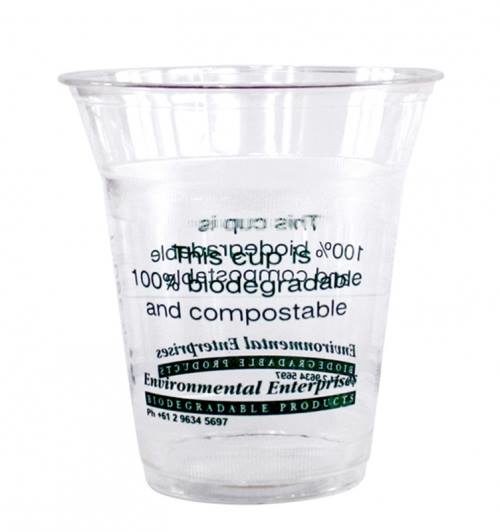NGOTF Letter to ICCAT - November 2022
By Felix Morrow – OceanAsia’s NGOTF representative
OceansAsia, along with 19 other environmental groups, has endorsed a joint policy letter addressed to member countries of the International Commission for the Conservation of Atlantic Tunas (ICCAT) – the international organization tasked with managing tuna fisheries in the Atlantic Ocean. The letter calls on ICCAT to strengthen tuna harvest strategies, increase on-vessel monitoring, adopt robust anti-shark finning measures, and implement regulations to reduce the ecological impact of fish aggregating devices (FADs).
I will first provide a brief description of how fisheries utilizing quota systems are managed, before diving into the content of the letter in more detail.
Fishing rights, or quotas, are typically sold to fishing firms directly by governments or by other fishing firms on the secondary market. The sum total of available quotes is referred as the total allowable catch (TAC) which is ideally supposed to represent a sustainable overall level of extraction.
The NGO Tuna Forum (NGOTF) letter to ICCAT includes a number of policy asks. The first helps address one of the primary issues of quota systems, specifically, that illegal, unreported, and unregulated (IUU) fishing is not fully accounted for in determining whether or not the TAC has been reached. By requesting that ICCAT implement measures to track non-compliant fishing and account for it in management decisions, the impact of IUU fishing on ecosystems will, at the very least, be taken into consideration, and hopefully reduced.
In relation to monitoring, the letter requests that ICCAT implement an electronic monitoring program and that by 2023 and that it require 100% observer coverage (either electronic or human) on fishing and transportation vessels, including vessels engaged in transshipment. Transshipment is the transfer of goods from one vessel to another at-sea and is a significant enabler of illegal fishing and labour abuses.
To prevent shark finning, the signatories of the NGOTF letter calls on ICCAT to implement and enforce a requirement that all sharks that are caught have their fins naturally attached ‘without exceptions.’ This is a necessary policy for mitigating the gruesome and ecologically destructive practice of shark finning that, while not a panacea, will reduce the number of sharks killed in ICCAT fisheries.
Lastly, the letter calls for FAD management provisions to be strengthened. FADs are objects, typically, constructed out of materials like buoys and nets which are left drifting or tethered in fisheries and are designed to attract fish. It is important to note, that OceansAsia does not support the usage of FADs for a number of reasons, as the fishing technique is associated with a range of ecological problems, specifically, the entanglement of fish and other marine animals, the creation of marine waste, overfishing, and violations of international marine pollution laws.
Ideally, the use of FADs should be prohibited, but this equipment is widely used and short of a complete ban, they should be rigorously regulated. The measures proposed in this letter include requiring, in 2022, that:
- FADs be designed “without netting or other meshed materials” to reduce entanglement events,
- That ICCAT develops a clear plan and timeline to transition to FADs made out of 100% biodegradable materials,
- That data on FADs is gathered including the collection of ‘near real-time’ position data,
- That ICCAT implement transparent FAD recovery policies,
- That FAD ownership is clearly regulated, and
- That ICCAT preforms an assessment of the impact of these policies one year after implementation (in 2023).
These regulatory changes, while not the FAD ban OceansAsia would ideally want, are important and necessary steps that will reduce the ecological impact of FADs in the Atlantic Ocean.
The full letter can be read here.
The NGOTF is an advocacy group that brings environmental NGOs together to develop joint policy statements and collectively advocate for regulatory changes that will improve the health of tuna populations.




